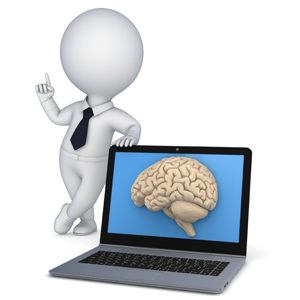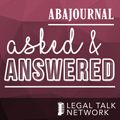Interested in trying AI to write? It's as easy as opening a document

Image from Shutterstock.
When lawyers hear the term "LLM," their first thought may go to a master of law degree that a person earns after law school. However, the acronym also stands for “large language model,” which is technology that generates and creates writing for offerings that include ChatGPT and Google Bard.
The technology doesn’t know what is accurate—that’s where lawyers come in—but the writing is impressive, it could make legal writing better and you could even use it as a writing coach, says Greg Sarab, a technologist and a lawyer whose website describes him as “a founding father” of bar exam software. He co-founded Examsoft in 1996 and Extegrity, which makes law school and bar exam software, in 1998.
The artificial intelligence technology is easy to use for writing, according to Sarab. For instance, a lawyer could ask it to write something in their supervisor’s style by providing several samples of the supervisor’s work and the current assignment.
Or you could paste in something that you wrote and ask the technology to make it less wordy. Human knowledge and judgment are needed to make sure that the generated writing is accurate, Sarab cautions, and he wouldn’t advise using the technology to create something that must be accurate, such as a legal brief’s table of authorities. But he also thinks that may change, as employers or legal research sites build AI offerings with caselaw and regulation.
Send ideas for future episodes to ABA Journal Assistant Managing Editor Stephanie Francis Ward.

Apple | Spotify | Google Play
In This Podcast:

Greg Sarab. Photo by Galen Sarab Photography.
Greg Sarab, the CEO of Extegrity, ran a pilot project for laptop exams at the University of California College of the Law at San Francisco shortly after graduating from the school in 1995. He wrote the original specification for exam software used by law schools and bar exams and currently is the CEO of Extegrity, which makes the law school and bar exam software Exam4.



